To avoid disastrous deterioration of Earth’s climate and biosphere, humanity has to reduce its demands on nature. Fewer births and a falling population is no quick fix, but compared with voluntary austerity, it has many more up-sides than down-sides.
by Jon Austen
Scientists are reporting that there is an existential threat to life on Earth. 8 billion people on a planet with depleting resources and increasing CO2 is entering into an epic slow-motion disaster. Climate-related disasters are coming to a town near you, but as far as solutions go we are only looking at one side of the coin while ignoring the other, because it starts with the letter ‘p’.
We are making token gestures to try to fix the climate, but we are not doing nearly enough at the pace needed to make any real difference. This year is set to be the hottest on record, unprecedented fires are burning, and Antarctic ice is at lows never seen before. We need to expect the unexpected as new disasters will take us by surprise in the future. The complacency in the media reporting is staggering, but not surprising. Our mind-numbing ignorance, daydreaming and complacency is pushing us quickly towards disaster, it seems.

Is the trouble that we cannot change? We seem to be pre-programmed to keep what we like and stick with the status quo. We compare with others, and we like our flights. We like our beef. We like our cars. We like our air conditioning. We’re just not going to stop doing these things until real change is forced upon us and our choice is removed.
The fundamental flaw with democracy is that we vote for things that make our lives better in the short term, even if this means trouble or disaster in the longer term. We do not vote to give up luxuries voluntarily. Instead we have token fixes like electric cars and solar panels and kid ourselves that this is enough. Meanwhile, the developing world is playing catch-up up with living standards of the overdeveloped world and in doing so increasing overconsumption.
There is one simple answer that has been airbrushed out of our collective thought – we reduce our numbers.
Before you jump to any genocidal conclusions, please consider the facts. Managing our numbers is effective, easy to implement and is more cost effective than any other measure. Fewer babies being born is all that is needed. Sex is still possible, but by reducing the global birth rate by an average of one child per family we would quickly see the benefits which would compound themselves as the years pass.
Some people panic and argue that this is not going to fix the problem quickly enough. True, but we are not taking the measures needed to reduce CO2 nearly quickly enough as it is, so why not do both? Long-term problems require long-term solutions.
The benefits of a smaller population are everywhere. Food production would be easier without a growing population to feed. Would you like to see an end to poverty and famines? Charities like the WWF and Save the Children will never achieve their goals until we reverse population growth.
Reforestation could happen as beef production would reduce. Fish stocks would recover as demand fell, there would be less traffic on the roads, less pollution. Number one on the list of benefits: it helps fix climate change. Everything would be better – except perhaps profit margins where they depend on abundant cheap labour.
We are doing almost nothing to make it happen – we do not even talk about it! But with policy changes and public support we could easily change and make the world a better place.
We do not consider our numbers for a range of totally spurious reasons. We are led by growth-obsessed politicians and businesspeople who are out of touch with what is happening to the planet and with the answers so desperately needed. Governments have goals for net-zero carbon emissions but they are farcical when they happen alongside high net immigration figures which add more to emissions, not least from the hundreds of thousands more homes that need to be built as a result.
We are still adding 75 million people a year to the planet, almost another Germany, all needing water, food and shelter. A fertility rate cut to an average of 1.3 children from the current 2.3 would soon see population growth stop and then begin to decline. The immense pressure that a growing population has put on Earth for the last two centuries would ease. Things would gradually get better, eventually getting much better.
With 8 billion people and rising, all wanting decent lives, a vast amount of CO2 is being emitted. Estimates for the number of people the planet can support vary, depending on standards of living. 8 billion and heading to 10 billion is unsustainable at current levels of consumption, with overdeveloped countries taking far more than their fair share. Estimates of a population that could be sustained in the longer term if average consumption levels were reduced (greatly reduced in rich countries to allow for greater resource consumption in poor countries) vary between about 2 to 5 billion. Therefore, there are at least 3 billion more people on the planet than can be sustained. But note that “2-5 billion” does not take into account that we also need to restore biodiversity to previous levels.
So either our consumption comes down or our numbers come down, or a combination of the two. So far, we are not changing our consumption habits and our overall numbers are still rising. One, or both, will reduce whether we like it or not. But we have a choice. We can either continue pretending the Elephant in the Room of overpopulation doesn’t exist, or we finally face the fact that The Emperor Isn’t Wearing Any Clothes and pro-actively encourage fewer births until our numbers come back down from the currently dangerous levels.
The silence on our excess numbers is the greatest and most cowardly collective tragedy and betrayal of modern times. Our numbers need to come down quickly and humanely. Mother Nature has had enough of this wantonly destructive species and is slowly turning up the heat and extreme weather dials. In the not too distant future it will be too late. The frog in the pot will be boiling and we will fight for our own survival, taking down more of the population and other species along the way. This is the default path.
Many countries already have low birth rates and they are falling gradually in most places where they are currently high. This is often used as a reason not to take any positive action. But when we can so easily manage our birth rates, why not do it pro-actively? We have the technology, Captain. All it takes is a condom, a pill or a vasectomy and no more babies. One entire lifetime of resource consumption and its consequences avoided at virtually zero cost.

When you ask people what is the most effective thing you can do to help the environment, the answers given are to stop eating meat, stop flying, recycle, or one of the many usual suspects. Only a tiny minority of people will ever give you the right answer, despite the fact that adding another person to the planet is the most damaging thing you can do, by far. Birth rates are in our power as individuals to change, just by deciding not to have children, or an extra child.
Of course, for many people, having children is the most fundamental and enjoyable part of being alive. We would not last long without them. For a relatively short time we should make a commitment for the sake of those very people who will be alive at the end of this century. We don’t appreciate the positives because we have never experienced them. If we could stop population growth, we would be able to stop or reduce building, as we just would not need more building, except restorations. This would reduce emissions massively whilst also freeing up millions of people to do more positive work.
Governments are increasingly taking the opposite view, seeing a decline in population as a fiscal issue that needs changing to keep tax revenues growing. Some are giving couples financial incentives to have children, saying that we don’t have enough people to look after the elderly. But these are false arguments when you consider that only 100 years ago most of us worked just to produce food. Today it’s a tiny fraction, meaning there are plenty of people with the time to look after the elderly.
Funding could be given to countries where people cannot afford visiting clinics for contraception which currently traps them into a cycle of large families and continuing poverty. Given the ominous road ahead is it morally justifiable to bring another person into the world anyway? A terrible question to have to ask, but given the situation it is one that we must ask.
Fifty years from now some cities will be under water, according to climatologists. If we aim for a reduced population the coming breakdown will be much easier to manage.
A world of 6 billion people would be happier and more content than the one with 8 billion. A world with 6 billion would see that 3 billion would be even better. We are heading full steam toward the iceberg, which is dead ahead. We could still take a turn and avoid it, but for now the Captain is nowhere to be seen.
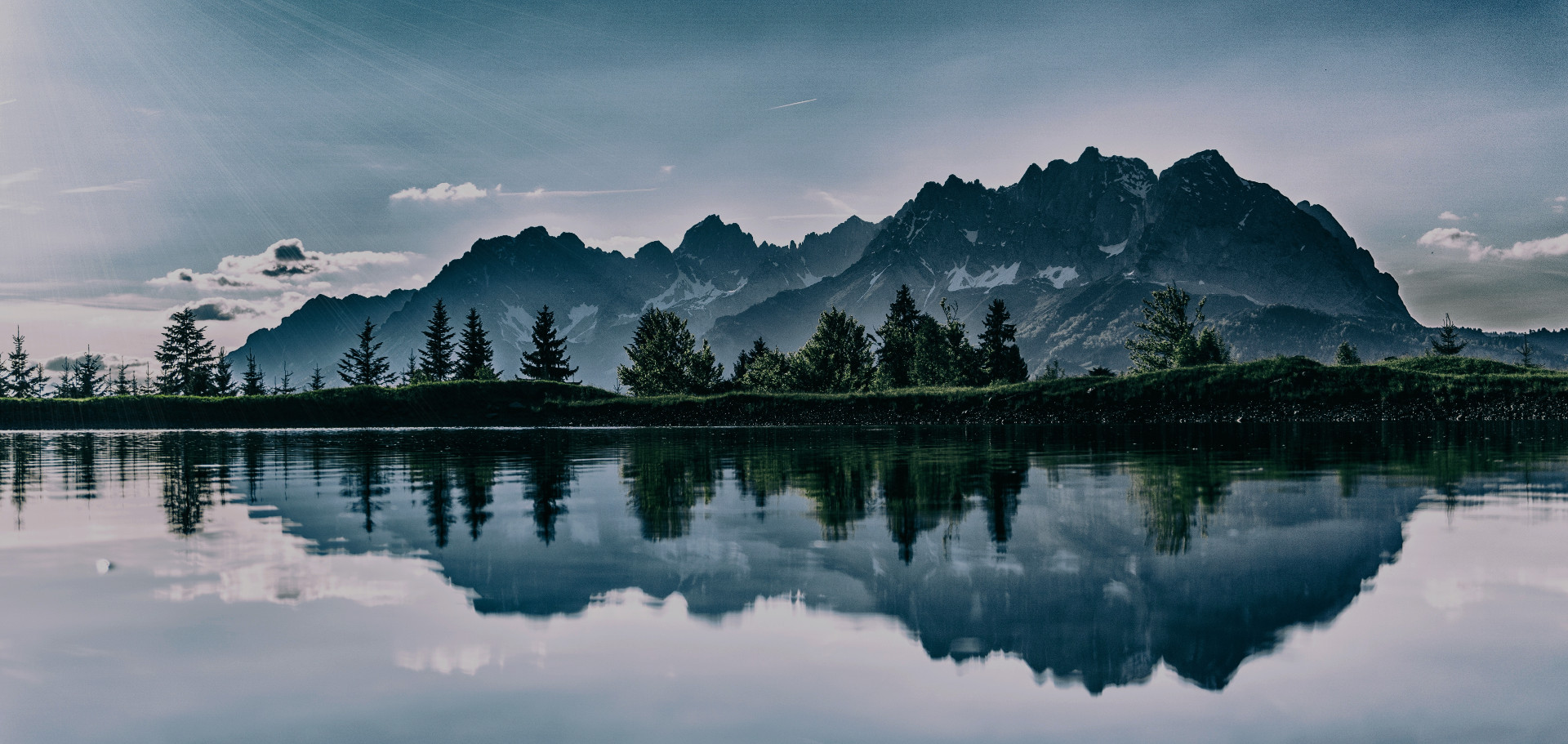

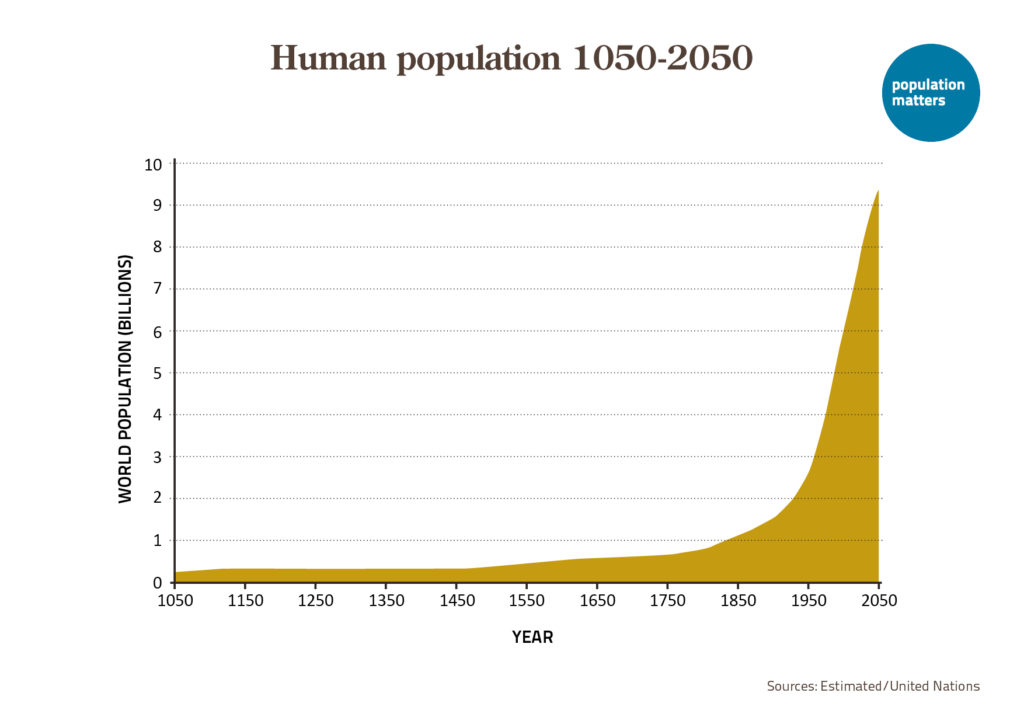
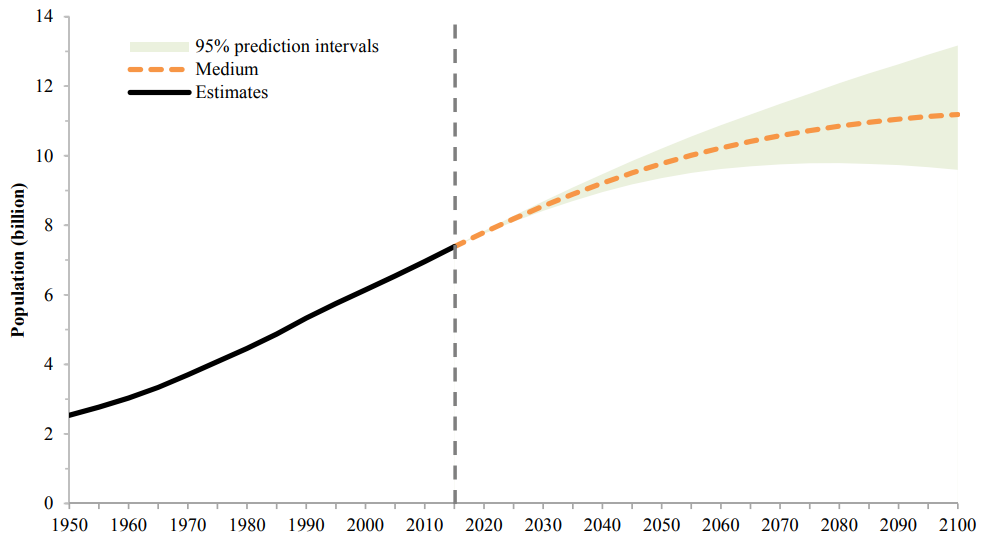
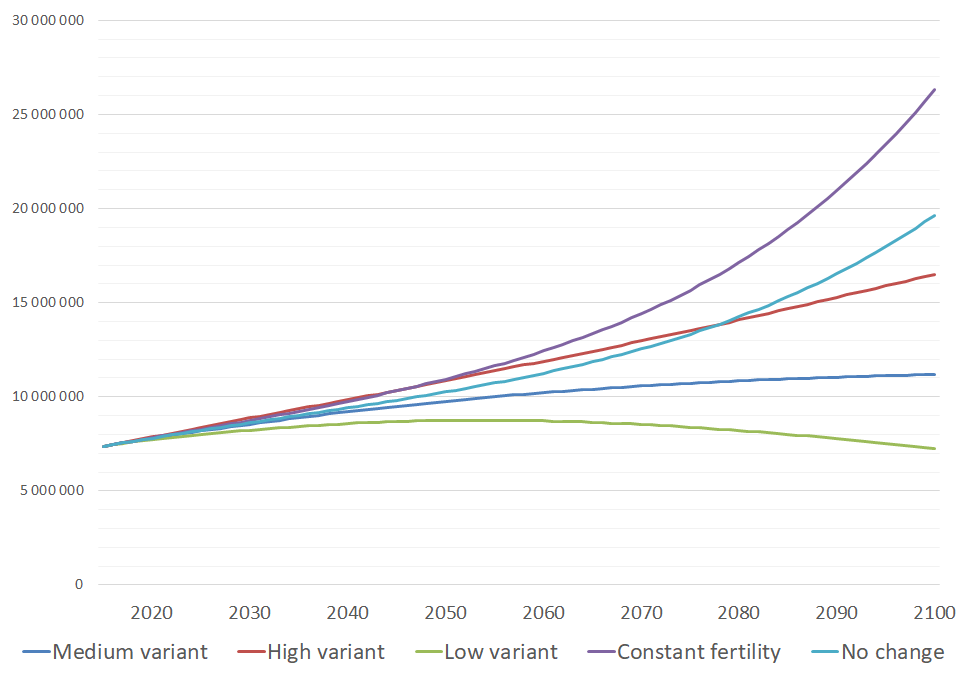
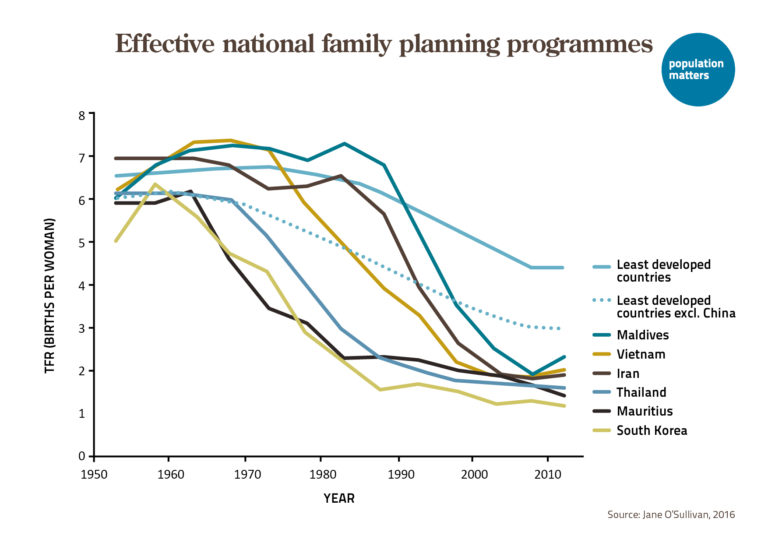

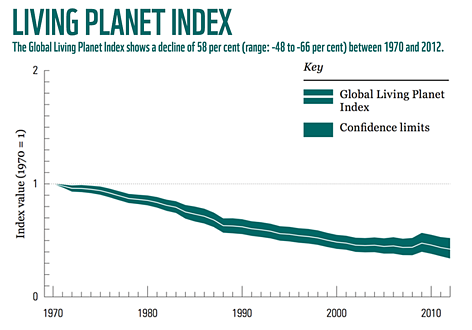
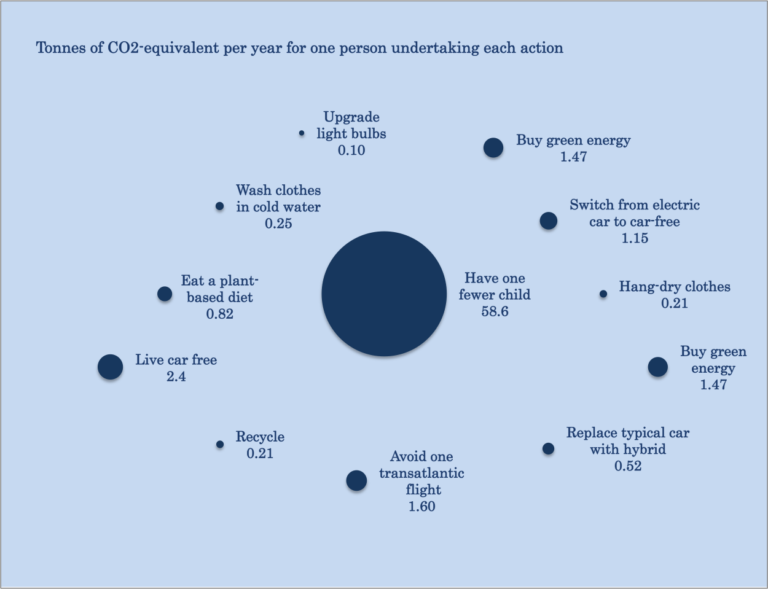
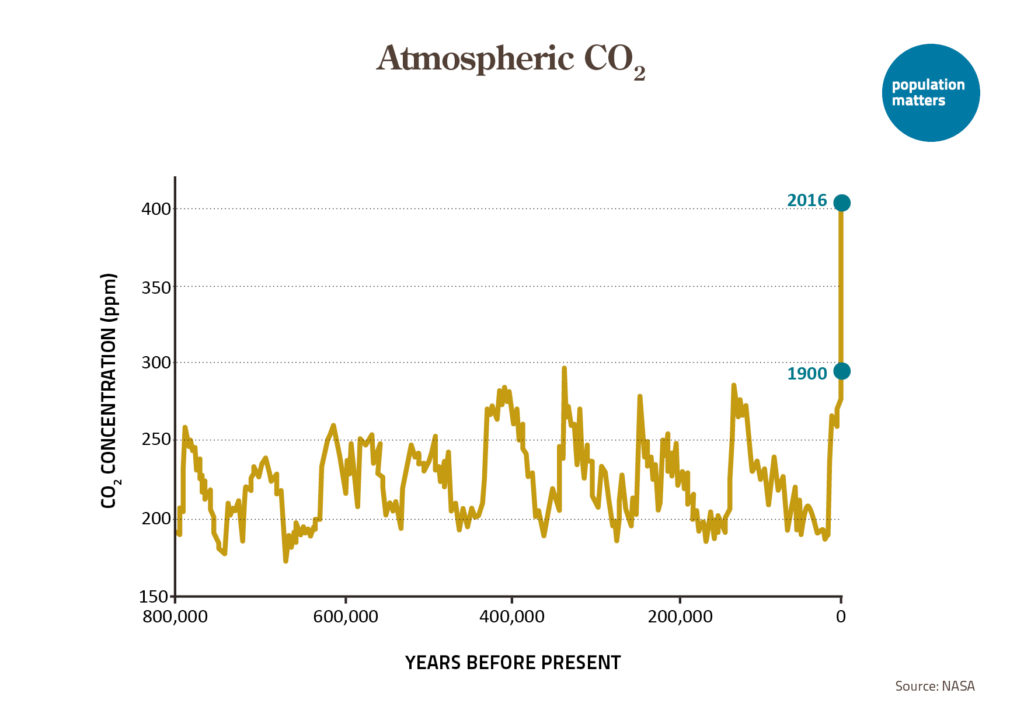
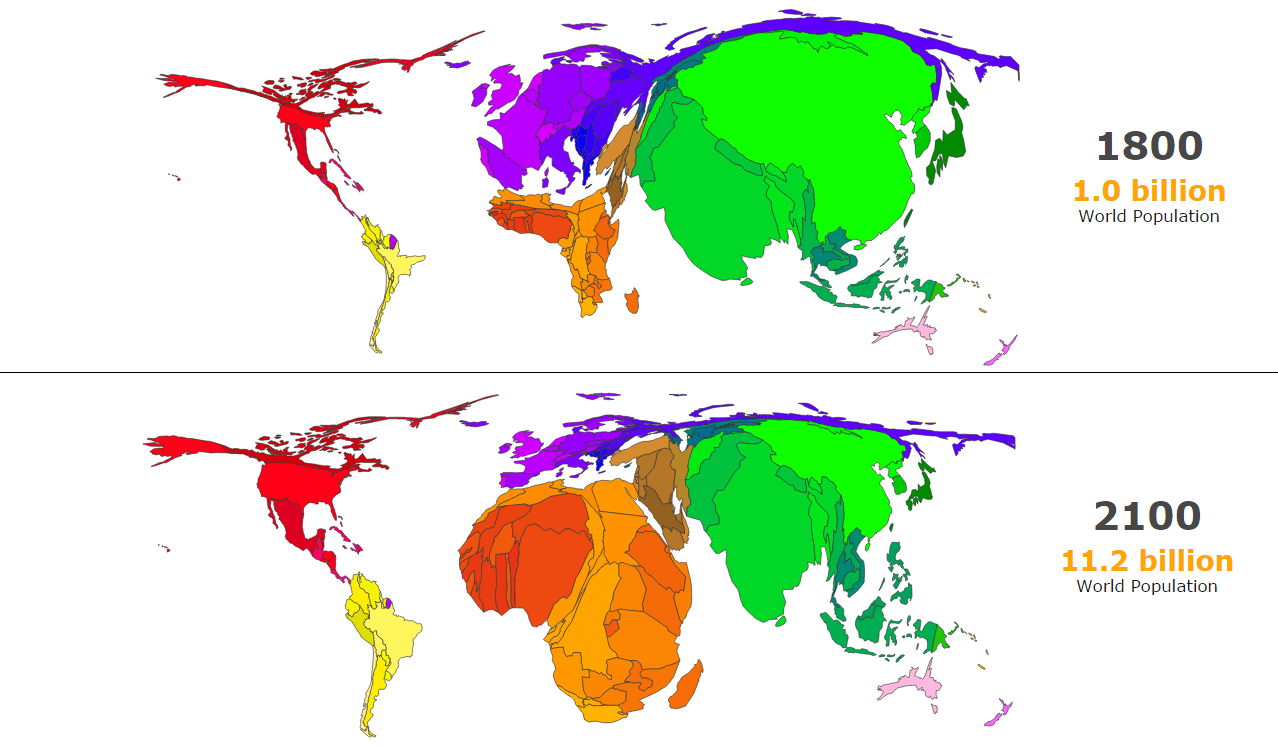
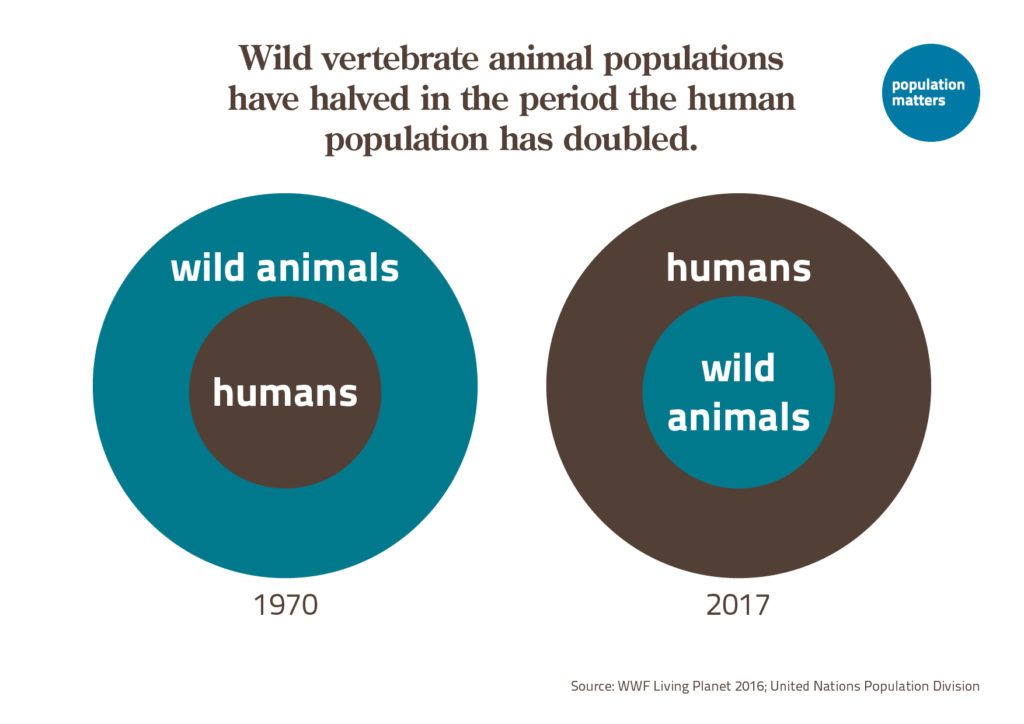
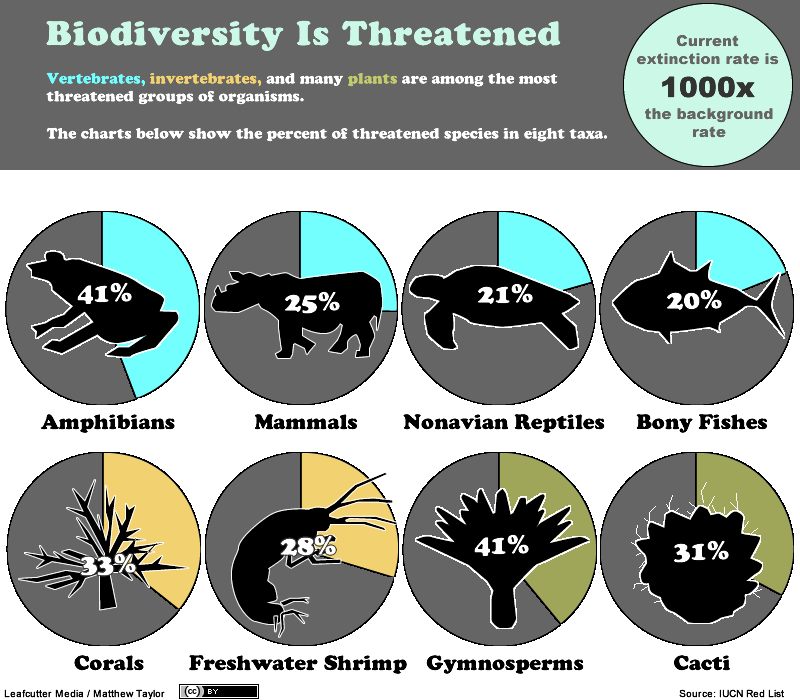
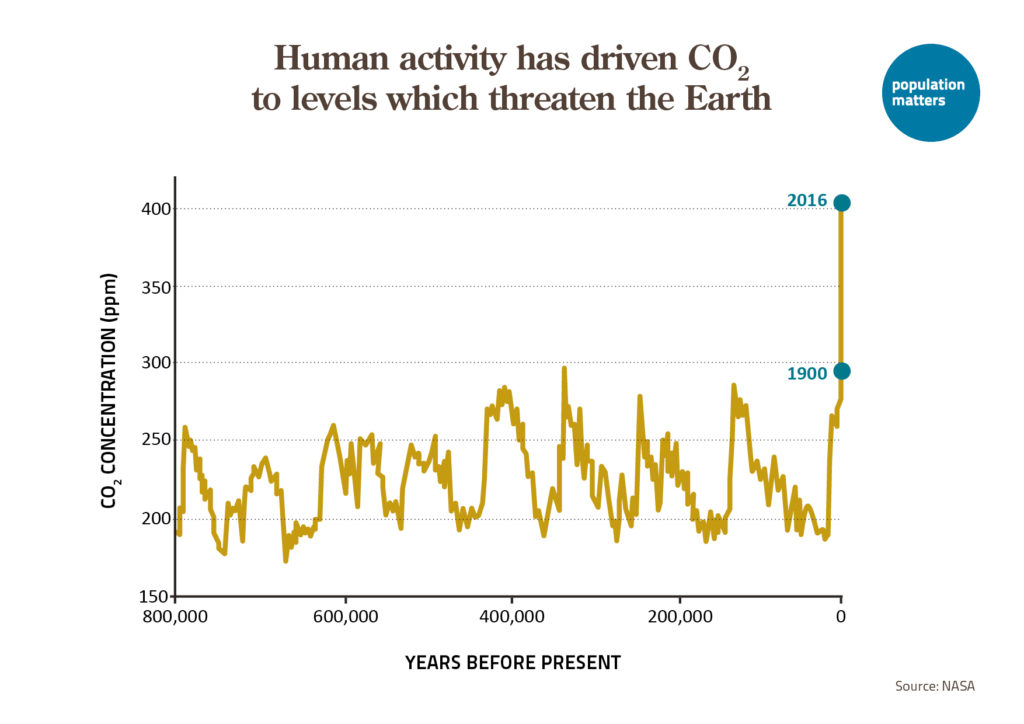
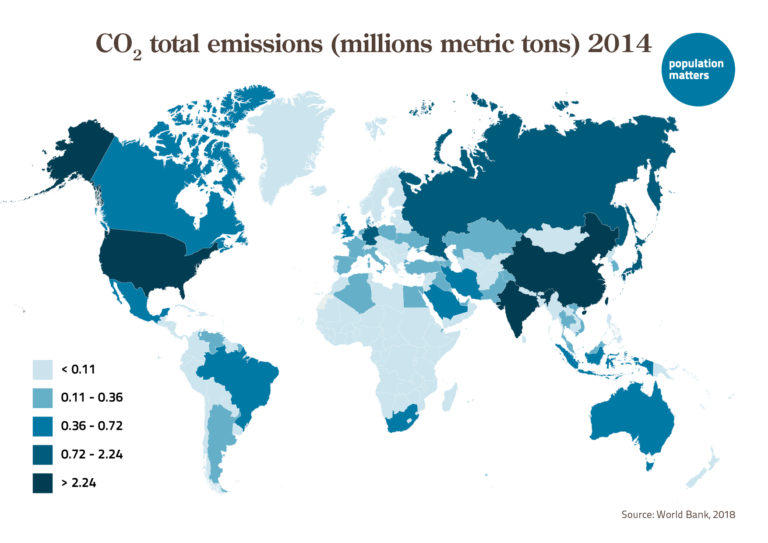

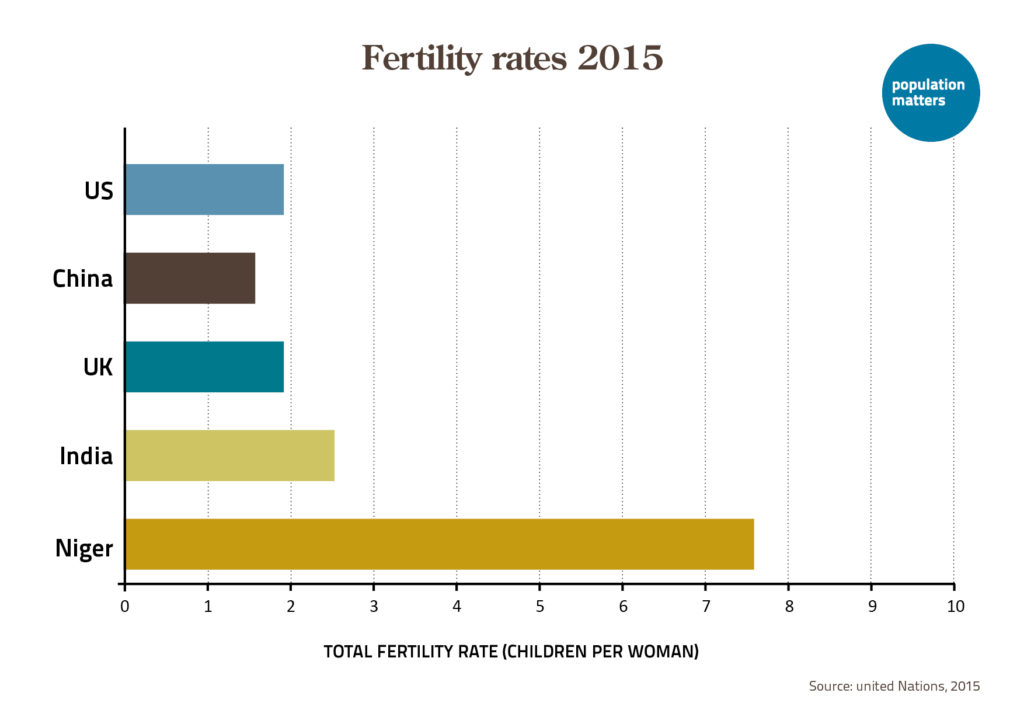
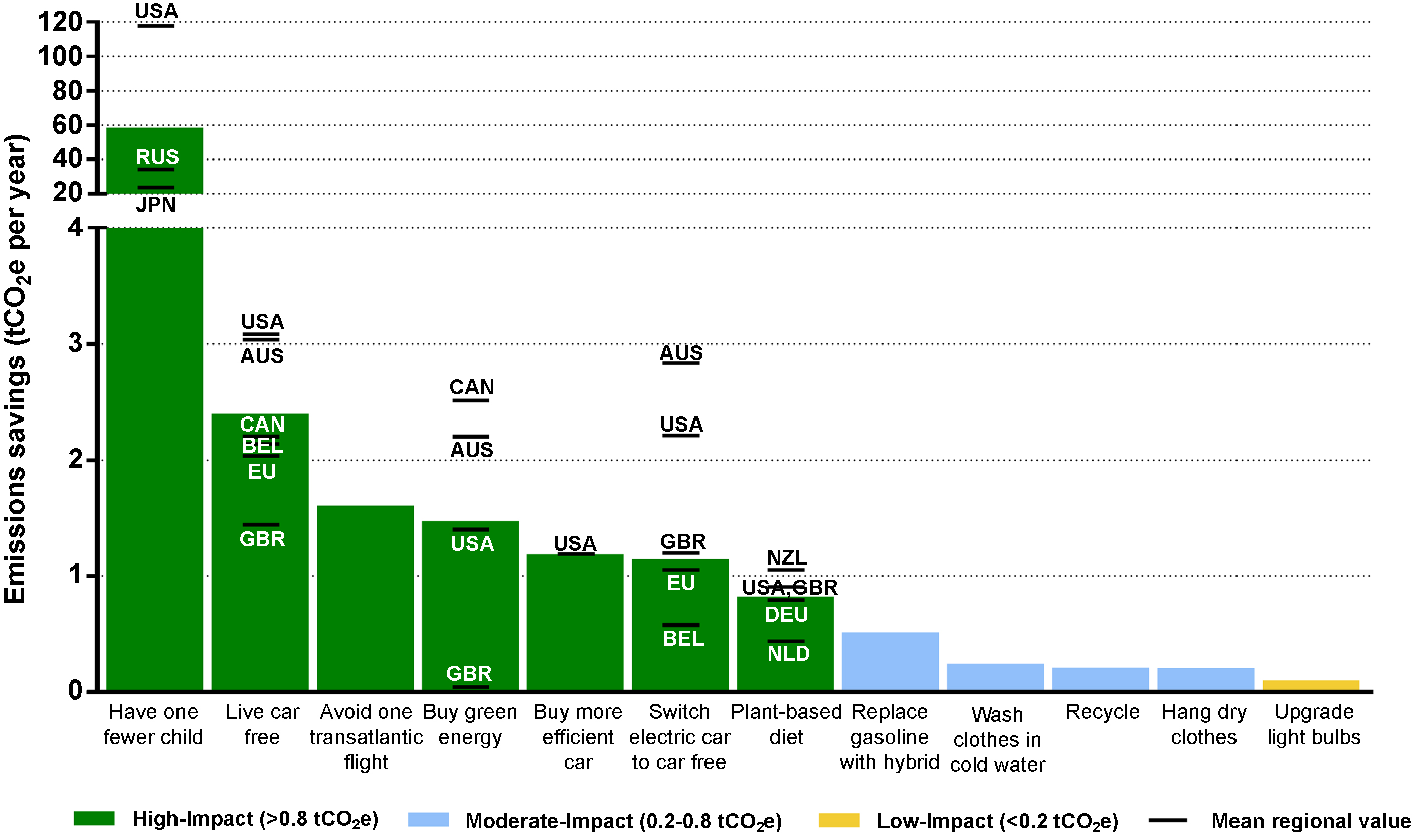



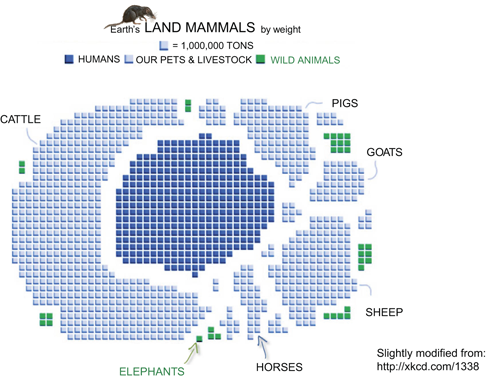

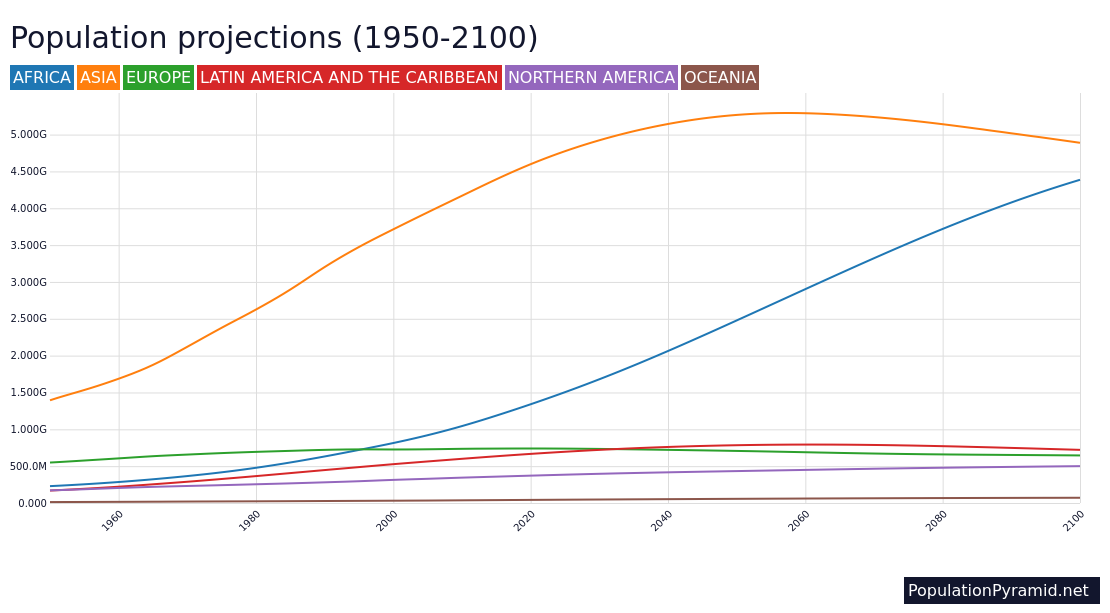
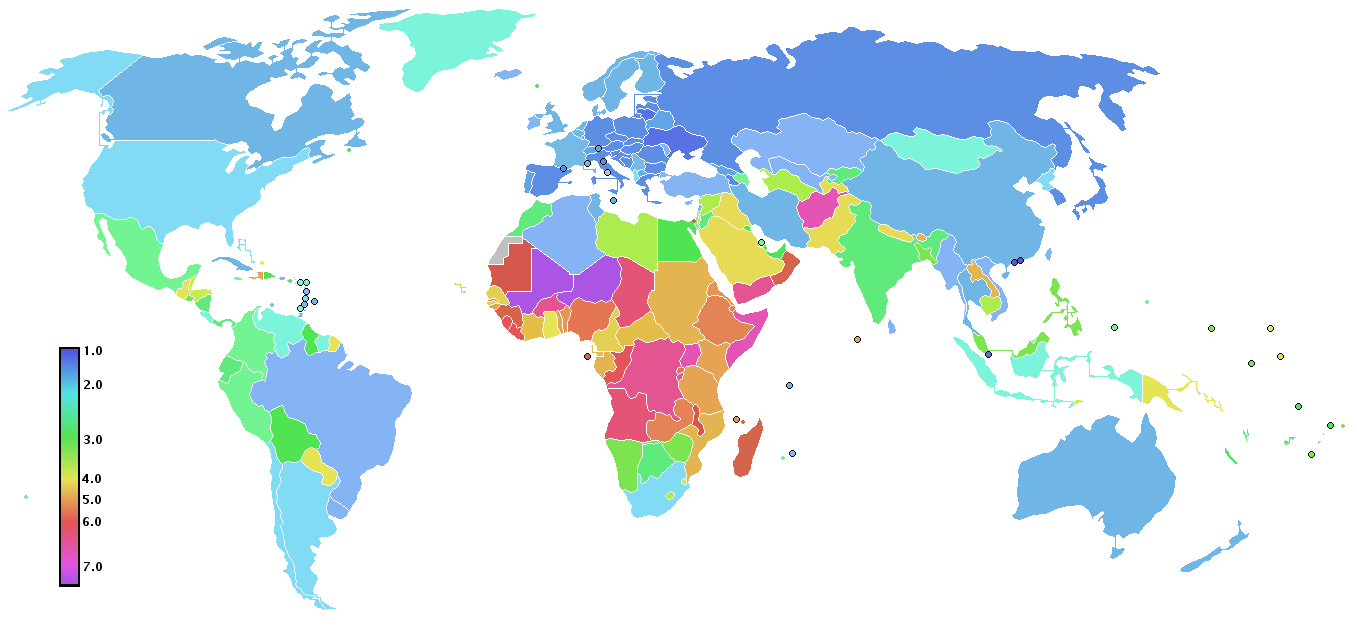
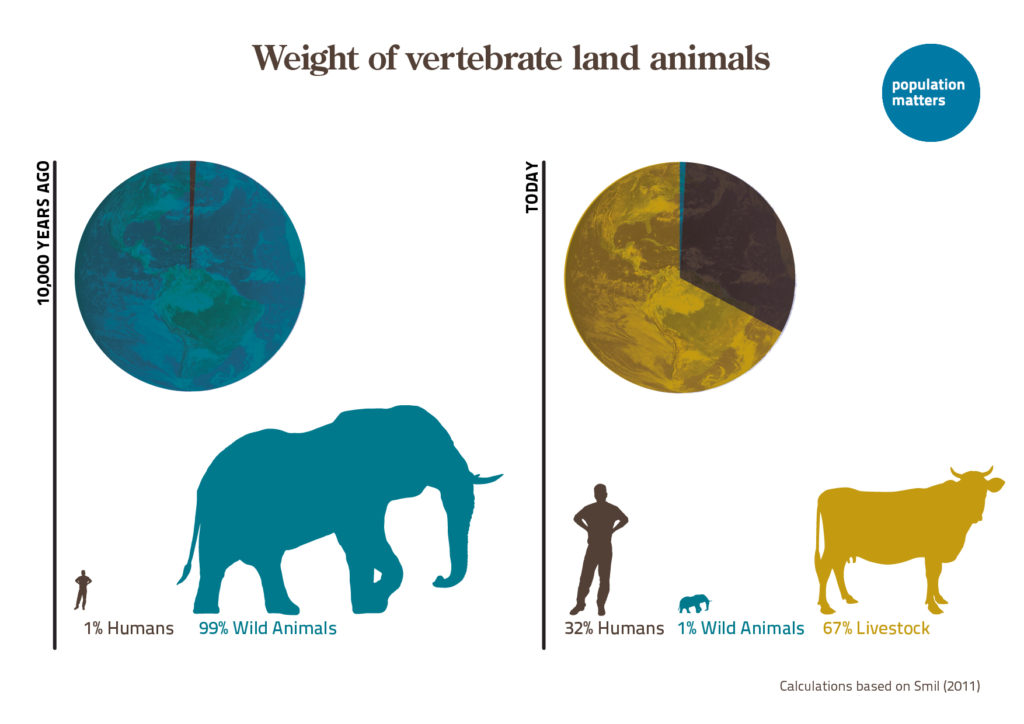

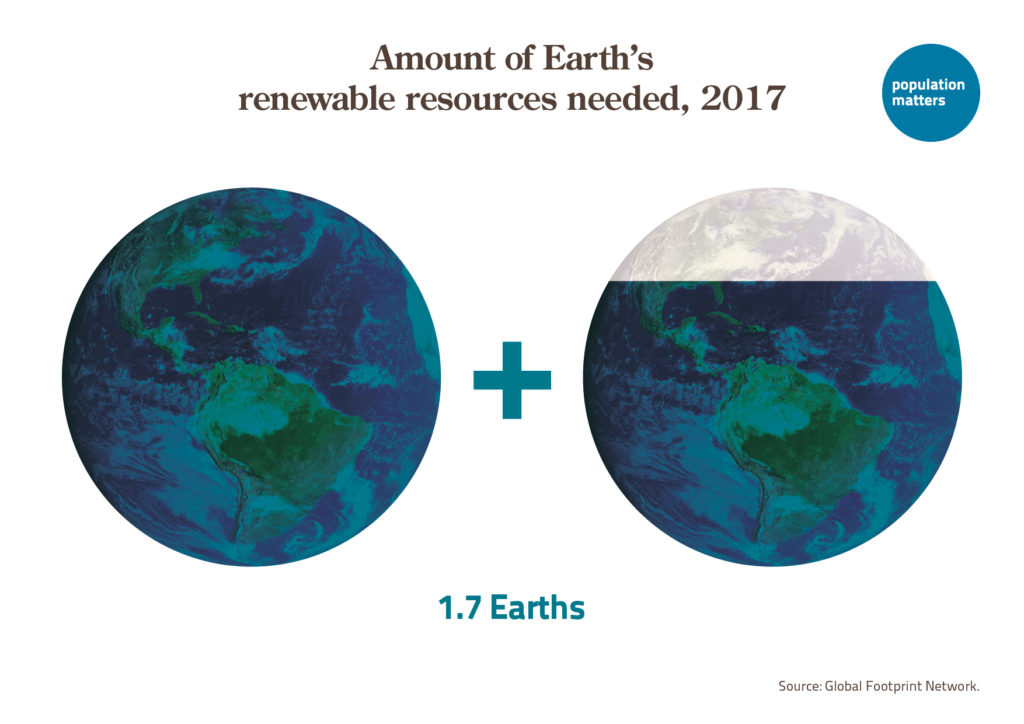


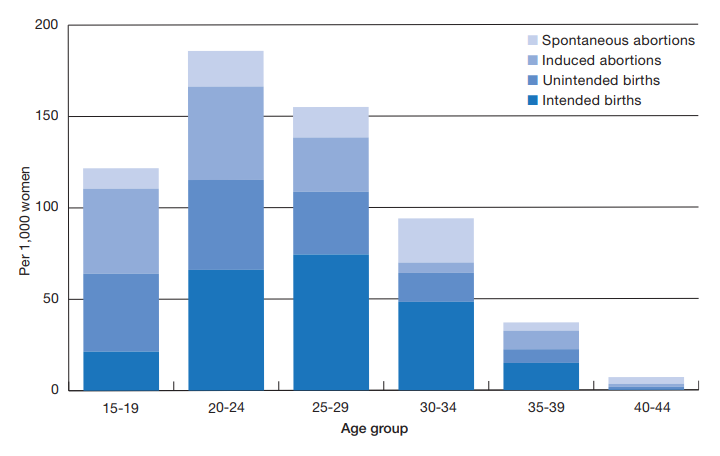
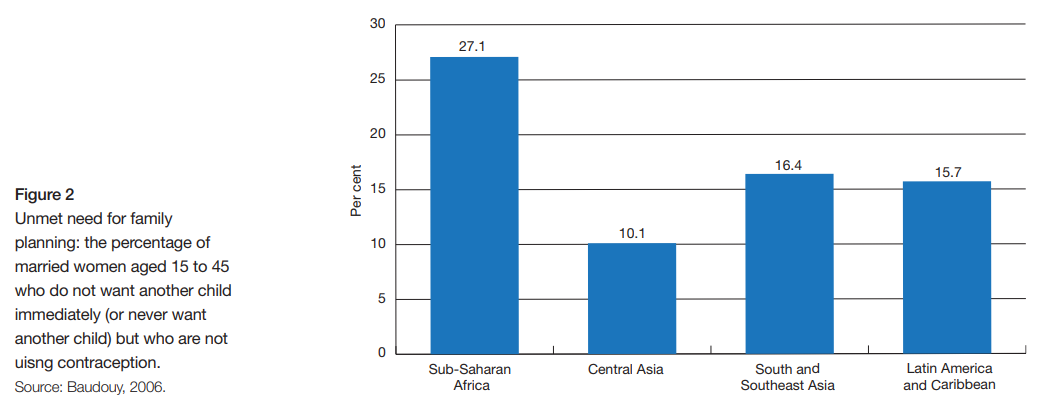
Leave a Reply